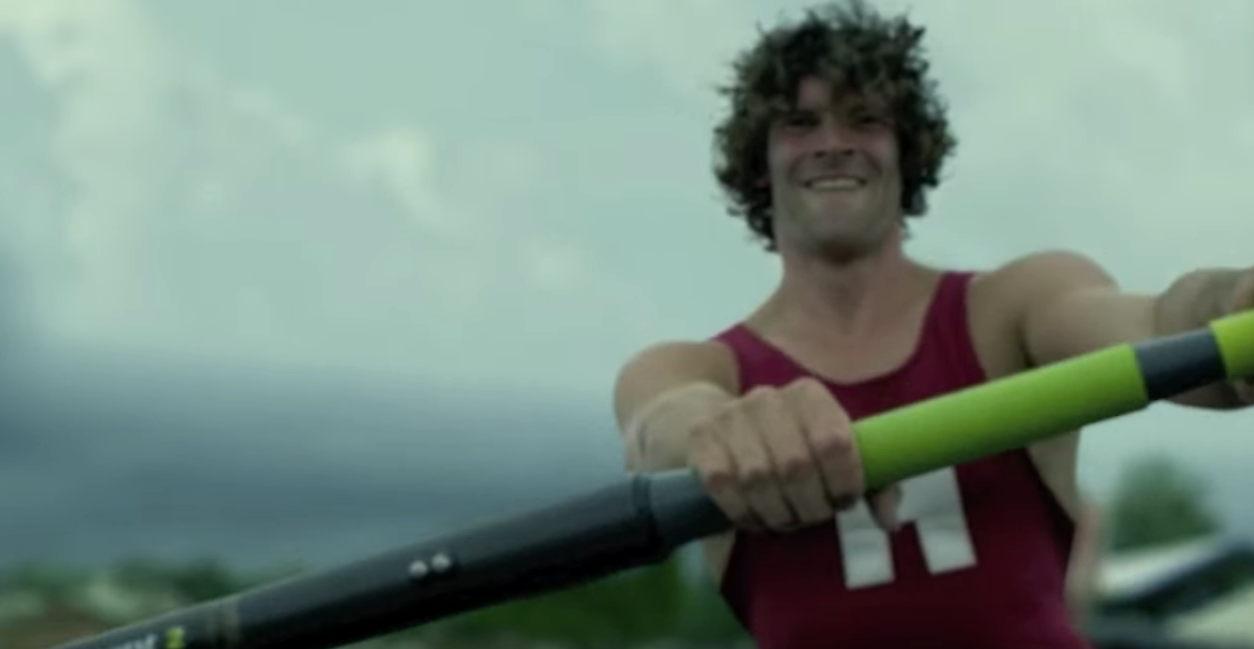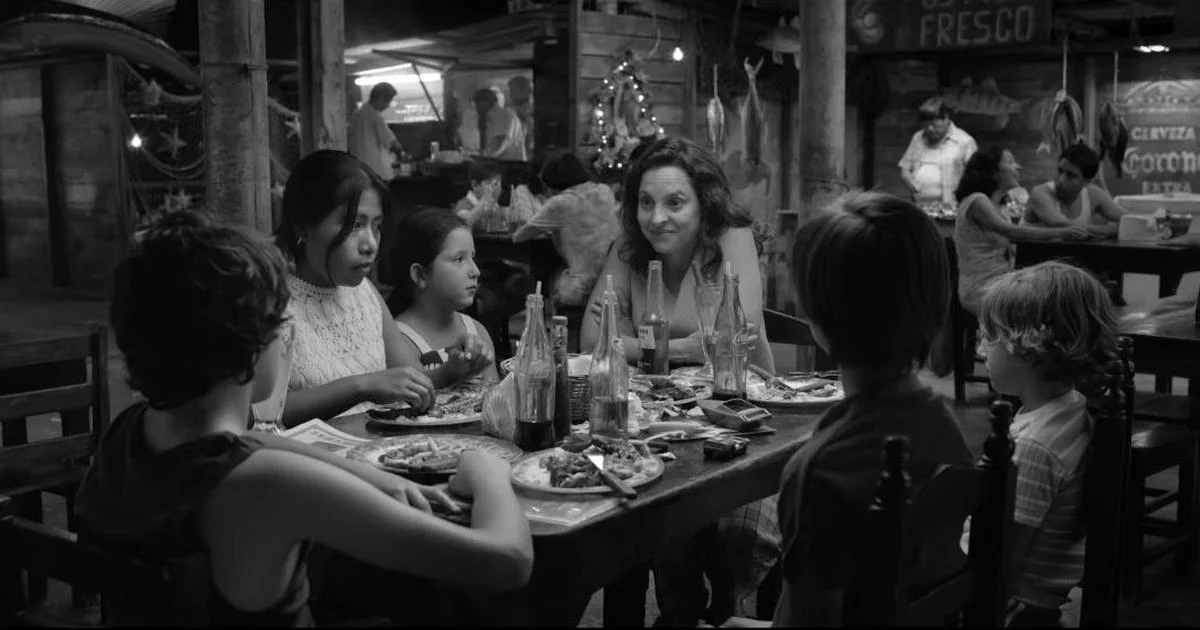Revisiting : 1992's Deep Cover
/There are often times where the political, thematic, or cinematic, values of a movie are at odds with the society upon which it is thrust. On other occasions, aesthetics, general techniques, methodology, the generally accepted filmmaking style, or genre, trend, and style of an era may conflict with the same attributes in a given film if it strays too much from the norm. It is always a complicated mixture of exhilaration, and anguish, revisiting a film that was not only under-appreciated by its time, but by me personally. A "How did I miss this?!" or “How did WE miss this?!" 1992’s “Deep Cover” is such a film for me. As directed by Bill Duke Deep Cover is a poetic, warm lit, cold hearted jazz/hip hop infused thriller with the same kinetic energy as the underworld it seeks to portray. Oozing the same distilled cool as its star (Laurence Fishburne) out of every frame. Simultaneaously reinforcing and under cutting hyper-masculine energy out of almost all of its dialogue and almost every interaction. The hero's journey is not a journey to be a better drug dealer, or cop (not in most of the ways typical to the genre anyway), definitely not a hero, but becoming in fact more open to his emotions, to what he is perpetuating, (even as an officer of the law) and to what end he is being used. It is noir conventions as political commentary on the black experience in America. Doubling as both a great under cover thriller, and a great allegory for the way in which black people must adjust themselves in the world.. in effect going “undercover”. While many times revisiting a film we are imbuing it with qualities it was not born with, in this case, with the specific aspects of this specific film, I think this is its original intention. An intentional about face from the narratives most presented on screen about men, and most certainly black men in 1992, and it is this discovery that made re-watching Deep Cover so emphatically satisfying.
Upon first arriving on camera Fishburne's Russell Stevens is the prototypical noir male protagonist, unwittingly out of his depth, but unflappable in his confidence. In fact he is praised by his superior for possessing some of the very same qualities common to a noir protagonist. It is pointed out to him that while being a cop, he is also the ideal criminal ( A powerful under pinning commentary itself). “A man with a rigid moral code, with no underlying sense of values, repressed violence, rage” - Special Agent gent Carver reads off to him from his file. These qualities extend undoubtedly from the trauma of watching his father shot and killed in a drug store robbery as a child, which in Agent Carver’s mind makes Stevens a ready made tool for the job. In this way the film has no different a set up than most noir films, or even thrillers about going undercover. It reads like a cinematic want-ad for the hard boiled anti hero. “Wanted: Pent up, amoral seeker of a strict code of justice, to be set loose into ( add at least encouraged) unto an slowly unraveling rampage of violence and corruption in the name of the law, and/or in defiance of it. Like other noir films Duke’s film undermines the philosophy of any dualist ideological separation between cops and robbers, order and chaos. But as Deep Cover glides along on its wings of effortless swagger, it becomes clearer and clearer that of these supposed criminal sensibilities, it is Stevens's "insufficient sense of self", that it most desires to examine. That instead of glorifying these qualities it wants to condemn them. Like its cinematic sibling Carl Franklin's “Devil in a Blue Dress”, Duke’s film gives its protagonist the agency of self -discovery. Undeniably implying that Stevens has: A. not found himself, and thusly that B. self discovery is the underlying impetus of the character. It's through Hull's journey as a character that the audience will arrive at the ultimate prognosis of the film. The Drug war is a play, and African Americans and Latinos, are confined to strict roles on either side of justice as the antagonist in their own demise, therefore introspection, community, and character are key to our survival in a white supremacist country.
““White privilege is a manipulative, suffocating blanket of power that envelops everything we know...It’s brutal and oppressive, bullying you into not speaking up for fear of losing your loved ones, or job, or flat. It scares you into silencing yourself: you don’t get the privilege of speaking honestly about your feelings without extensively assessing the consequences...challenging it can have implications on your quality of life.” ”
It is this conceptualization of privilege and hegemony that I think writers Michael Tolkien and Henry Bean encapsulate so well through the two white characters in the film. For instance, Agent Carver (played with fiendish charm, ego, and smarm by Charles Martin Smith) is an avatar of this very aspect of whiteness. Throughout the movie his character remarks several times (Much to his own delight) that "He is God"., and indeed he seems to be everywhere, and yet invisible to Fishburne’s Stevens, much like a god, much like whiteness. Carver is only interested in the plight of Hull (and subsequently the plight of black people) in as far as it can boost his career. At every turn where it might impede, stagnate, or ruin Carvers career, Carver is not only disinterested, he is actively hostile towards it. As Eddo-Lodge's quote asserts, Carvers avatar of whiteness and white supremacy also actively silences and suffocates others. At once made glaringly apparent in an early scene where he uses the “N” word under the guise of seeking to find a man that “understands” the job. As if these black men require a lesson in the scourge of the crack epidemic in the communities they came from, or by way relation to the contagion? Carver (and Smith in his performance) makes it clear he knows he can get away with this not only because of his not so veiled rouse, but because he knows his position and privilege protect him from being seen as in the wrong, cruel, or as the aggressor, and subsequently he is safe from any recourse or punishment. This, as well as his clear apathy in the face of so many destroyed lives (like his reaction to the murder a young black male in service of Hull’s cover, right in front of Hull) prove his privilege, as well as the fact that he is actually not as concerned with the moral end game as he proclaims. This is made even more abundantly clear in the final scenes of the movie. Charles Martin Smith's gleefully amoral portrayal and ultimately the character of Carver is a spot on example of the ridiculousness of a drug war that was almost solely created to wage war on black people and people of color by the same government that had no problem trafficking in the drugs themselves if it funded their goals, and of the audacity of white privilege. And it's pretty readily identifiable in this era or that.
I want to digress a bit to talk about Jeff Goldbum. Jeff Goldblum in Deep Cover gives a performance that is indicative of all that makes Jeff Goldblum a favorite among so many. His patented rapid fire cool, constant state of faux confusion, and ability to make almost any scene seem completely improv, color and empower his character to rare heights even for Goldblum. In this role, surprise and unpredictability are built into the character even without Goldblum, so that Goldblum's inhabitation of the character is a perfect marriage. No one knows who David Jason is, including David Jason. Is he a lawyer, a drug dealer, a house husband, a killer? So we get to watch Goldblum as David, mold David into who it is he wants to be through Goldblum's sly and intelligent reading of the character and his trademark histrionics. What we learn along the way, is that in a way David is a mirror image of Russell. Both David and Russell begin the film on a journey of self discovery, but where they end up, and the particulars around how they arrive there are entirely different . David Jason's biggest weapon against those that undermine him is that they never see him coming. To the point Felix Barabosa (Gregory Sierra) the cartel boss for whom Jason supplies - believes that he can cruelly bully, pester, and belittle David for years and nothing would happen. There is a wonderfully complex understanding of the intersection of privilege to dissect here, where Balboa possesses a specific structural privilege through the nature of his rank and authority in the Cartel over David, but David (who himself is used to being a victim of racism as well) possesses a more macro structural privilege himself through the inclusion of his ethnicity as white. . I don't find it hard to believe that this is a contributing factor to why David chafes working under Balboa. Reinvigorated by the appearance and attitude of Laurence Fishburne’s Johnny Hull (His cover) and propelled by his own inflated but bruised ego , David Jason morphs into the kind of men he has always incorrectly seen himself as better than, and quite possibly the man he always wanted to be. This newfound menace is conveyed with incredible skill. By the film’s end the transformation is complete, Goldblum is a werewolf, his fangs fully bared, his predatorial nature on full display no longer in hiding. Physically everything from his hair to his walk, and body language has morphed into a man who is now confidently himself, or at least the man he envisioned himself to be. And it's both jolting, and surprising to see Goldblum turn his almost magical charm and likability against and on us. David Jason is the embodiment of the hypocrisy of moral high ground, and absolutes in a capitalist society. Greed is good, and white is good, and everything else is a tool or a waste. There is no limit, and as soon as David gets a taste of this (as suggested by Barbosa) in his first kill, he is possessed by his own avarice and bloodlust. In a way David Jason is a white version of Tupac Shakur's "Bishop" from Ernest Dickerson’s "Juice". Hopped up on violence as an extension of his power, derived from his sense of powerlessness as an undervalued member of a criminal enterprise, and a undervalued minority in America. Goldblum from start to finish sculpts the mannerisms, and attitude, of a covertly racist, white male on a destructive journey of revenge and megalomania.
““To be white, or straight, or male, or middle class is to be simultaneously ubiquitious and invisible. You’re everywhere you look, you’re the standard against which everyone else is measured””














































































